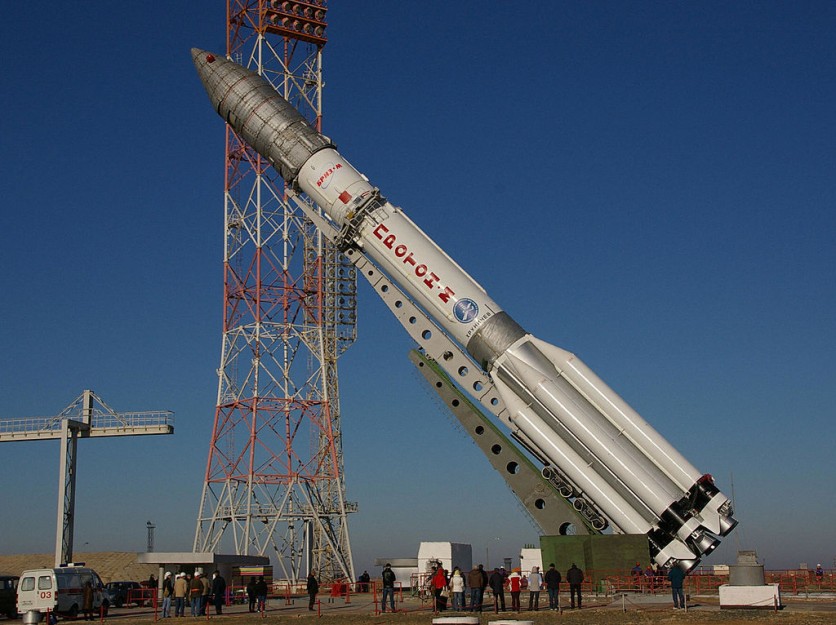
Astra Space, one of the most famous rocket builders in the United States, has launched its first rocket since the company was first introduced.
The launch was done on Aug. 28, but it had a wobbly liftoff. Eventually, the rocket failed to achieve its goal of reaching the Earth's orbit.
Astra Space Rocket Launch
During the liftoff, the rocket appeared to move sideways instead of going straight up. Chris Kemp, the found and CEO of Astra Space, told CNBC that a second into the flight, an engine shut down. They are now investigating the reason behind the engine failure.
Adam London, Astra Space founder and CTO, said that the system performed very well under the circumstances.
The rocket had sufficient thrust even with one engine dead, and it can still be slowly lifted off the pad. The whole time, the guidance system was able to maintain control of the rocket.
However, just 2 minutes and 28 seconds into the launch, the safety crew suddenly issued an all-engine shut-down command which then caused the rocket to wobble, London said.
The rocket already reached an altitude of 31 miles or 50 kilometers by then when it was returned to Earth. Luckily, there was no injuries or damage to any property that was recorded.
What They Plan Next
Kemp stated that even though the launch was not successful and failed to put anything in orbit, they were able to learn so much and already have an idea of what to fix.
Kemp added that they have a serial 7 rocket, which is currently in production, according to The Verge.
They will take what they learned in the launch and incorporate the changes into the serial 7 rocket that is scheduled to fly soon. He said they have a tremendous amount of data from the flight, and they are now reviewing it.
The two executives did not give any timeline for the completion of the investigation, or when the new rocket will be built and when the next flight schedule would be.
Astra Space's launch came after Japan successfully demonstrated the rotating detonation engine or RDE experiment involving a rocket engine in the Earth's orbit.
Previous Launch Attempt
On Aug. 27, Astra Space had cut short its first launch attempt because one of the rocket's engines caught fire before it was shut down, according to Space.com.
On Aug. 28, after a delay due to fueling problems, Astra Space launched the rocket LV0006. The launch was done at Pacific Spaceport Complex located in Kodiak, Alaska, at 3:35 PM Eastern Standard Time.
This marked the first commercial launch for the space firm, with the US Space Force contracting the launch because they want to test a payload under the agency's Space Test Program.
The rocket is 43 feet tall, and it fits in the small rocket segment of the launch market. The company's goal is to launch as many small rockets as it can to the Earth's orbit. The company aims to launch a rocket a day by 2025 and drop its $2.5 million price point further.
Astra Space is working on competing with SpaceX's Super Heavy Rocket booster landing.
The mission tested numerous upgrades to Astra's rocket since its last mission last year. While the previous mission made it successfully to space, the rocket ran out of fuel and came short of reaching the Earth's orbit.
One of the rockets experienced a guidance system issue during the company's first mission in 2020, and it crashed after liftoff.
Read also: Elon Musk: Electric Rocket Is Necessary for Mars Early Missions but Not for Orbit Launches
This article is owned by Tech Times
Written by Sophie Webster
ⓒ 2026 TECHTIMES.com All rights reserved. Do not reproduce without permission.




